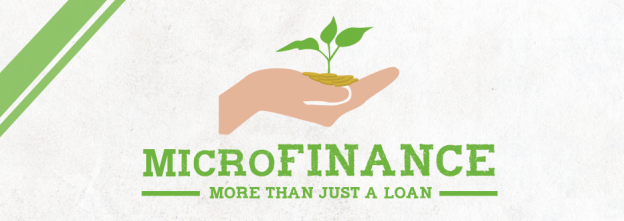In one of our commerce lectures we were introduced to an organization called Zappos, an online shoe and clothing shop based in Las Vegas. What was rather intriguing and peculiar was the organizations culture. Zappos has implemented a decentralized decision making system where the control and activity is not under a single authority.The business environment, beliefs and values of the company are rather interesting, the company is very family oriented and employees hold frequent parties. In addition, there is no hierarchy in the company.
It was very fascinating because I hadn’t imagined that a company which operated in such a way would be successful. However, Zappos is a very successful company that Amazon acquired for about 1.2 billion dollars. Even though Zappos’ accomplishments are evident, the disadvantages when companies decentralize outweigh the benefits in my opinion. The organization may become fragmented and stray away from the company’s vision and mission statement and having many diverse outlooks and perspectives can harm the company. Decentralized units may put their interests first ahead of the interests of the business. There is a risk associated with granting employees with the power to do as they please and may abuse this autonomy. Another key disadvantage when it comes to decentralization like in the case of Zappos is that the business ultimately lacks uniformity. Each manager possesses differing policies and this usually tends to lead to a lack of cooperation and coordination.
Lastly, decentralization could harm a business and its activities by being the catalyst to interdepartmental conflicts, this is because authority has been delegated to various people and therefore one governing body that controls and regulates policies within the working environment does not exist. These are the various reasons why I believe that a decentralized organization can rarely perform well in today’s ruthless business world with the exception of Zappos.
I still believe that decentralization can work with a certain degree of authority, where there can still be that liberating atmosphere that exists in the case of a decentralized organization but simultaneously with a sense of direction derived from a body of authority. It is all about balance.
(355 words)
http://smallbusiness.chron.com/advantages-disadvantages-companies-decentralize-11938.html
